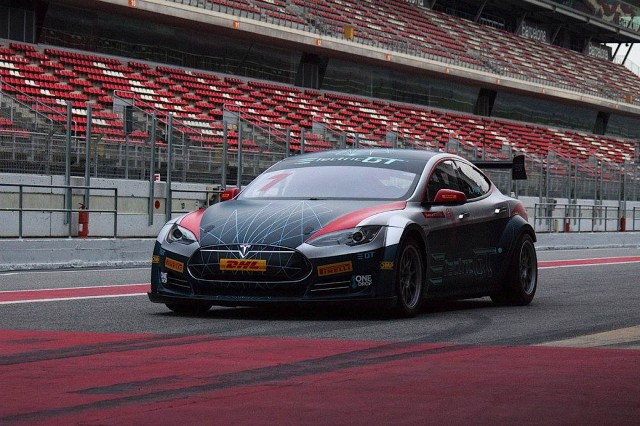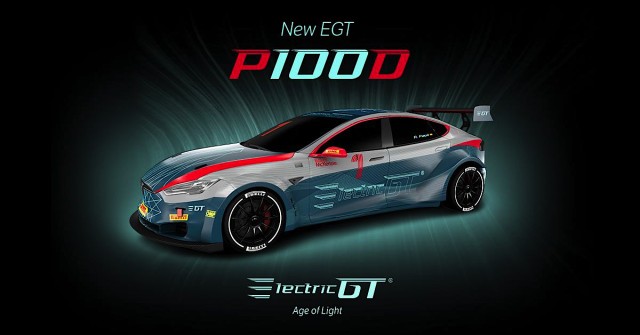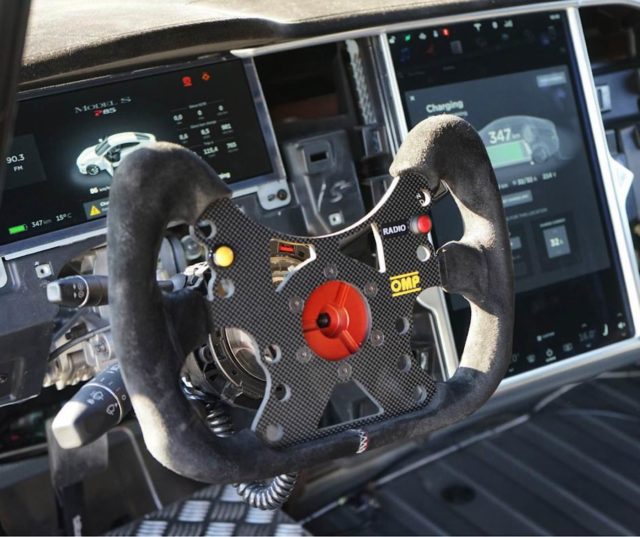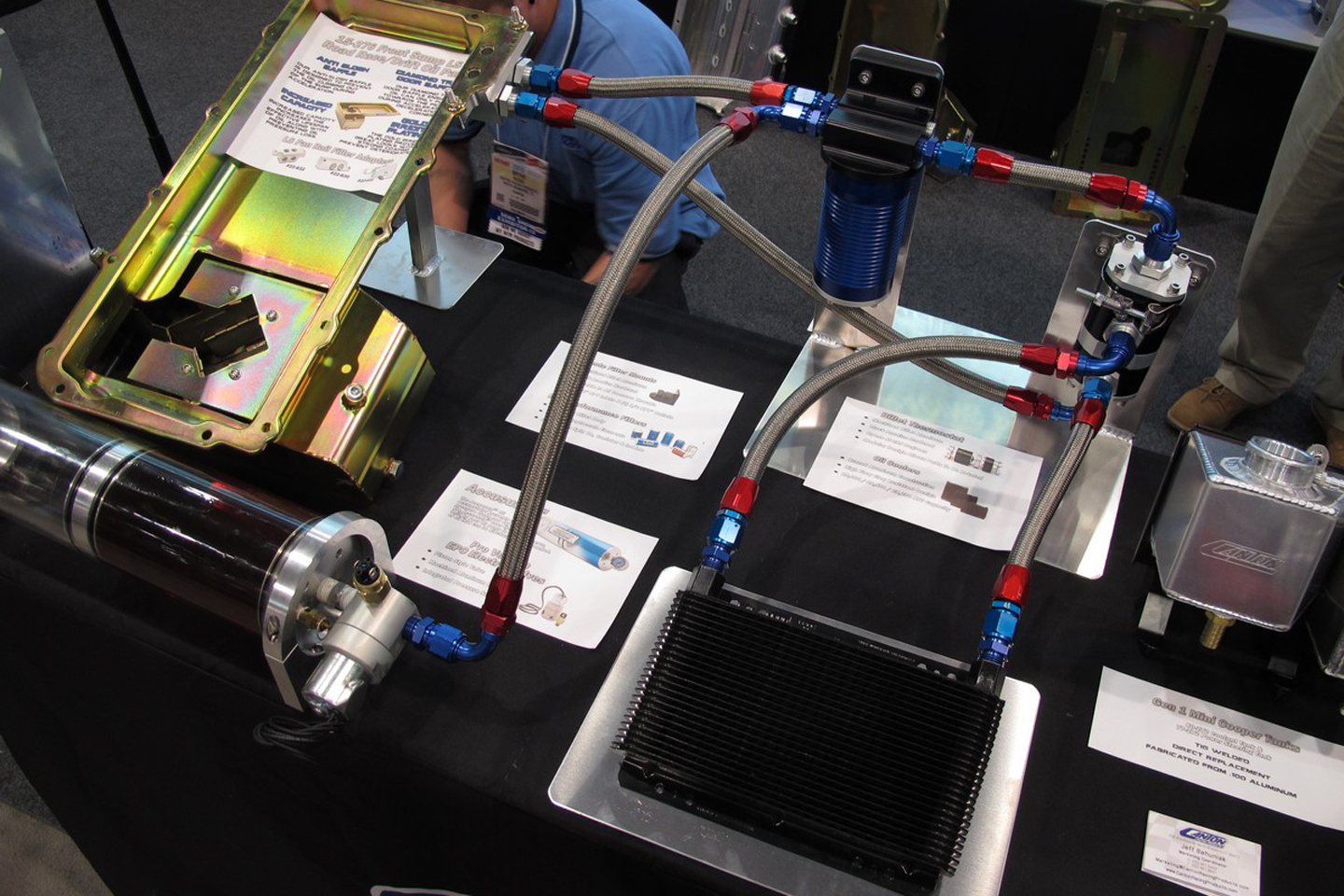With emission standards becoming stricter and stricter, we’ve seen an increase in electric and hybrid vehicles on the road. Although it’s taken longer, we’re finally seeing “fast” electric cars from several manufactures with Tesla on the arguable forefront when it comes to mass production and technology. Case in point, the latest software update for the Tesla P100D dropped the 0-60 time from 2.5 seconds to 2.4. Although this is not a huge decrease in time, it’s incredible that an over-the-air update enables your car to go faster with no extra modifications required, proving how potent electric cars can be.
Organizers for the Electric GT Championship (EGT) confirmed specs for the Tesla’s in the series with more power and lighter weight compared to the consumer version. In order to make dramatic changes to the series’ racecar, both power and weight were targeted-including removing 1,100 pounds off the curb weight and increasing power which is now up to 778 horsepower and 734 pound feet of torque. All of this equates to a jaw dropping 0-62 mph of only 2.1 seconds.
With the very first season of EGT starting this year, 10 teams will race identical cars with each team having two drivers. There will be seven rounds in total for the season, and each race is broken down into a 20 minute practice session, a 30 minute qualifying session, and both day and night racing. The races won’t be very long however, as the cars will see just under 40 miles of racing per event.
Will electric cars be the future of racing? As the we see more manufactures investing money into research, development, advanced battery technology, and faster charge times, longer endurance-style electric racing might not be that far off. It seems racetracks may become quieter with each passing year.
























